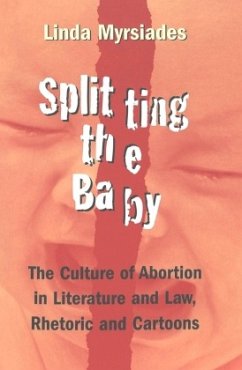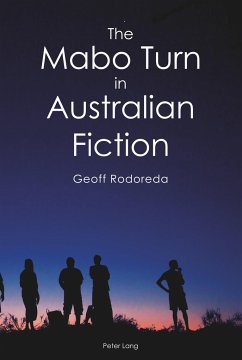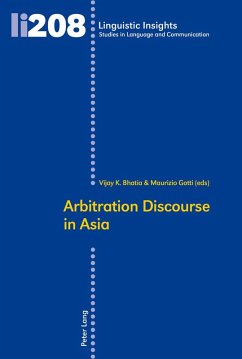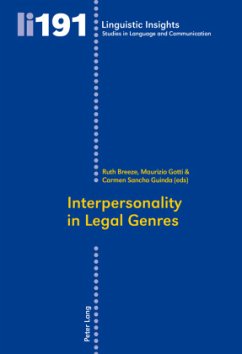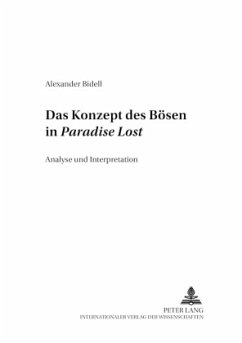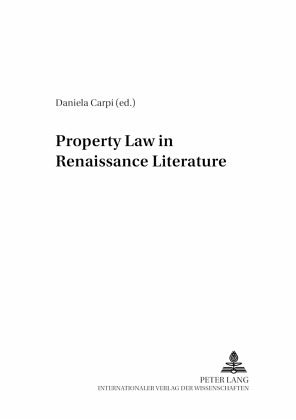
Property Law in Renaissance Literature
Versandkostenfrei!
Versandfertig in 6-10 Tagen
77,40 €
inkl. MwSt.

PAYBACK Punkte
0 °P sammeln!
The essays included in this collection take into consideration particular aspects of property law in English, French, and Italian literatures, thus demonstrating how the European countries share this interest, and how the security of the states rests on solid patrimonial laws. Literature once more serves the function of echoing what takes place in society, and it textualizes seeds of either agreement or discontent with the law itself, which in turn appears either inimical or friendly. All of the essays discuss the equity or inequity of juridical systems and how the common man tolerates juridic...
The essays included in this collection take into consideration particular aspects of property law in English, French, and Italian literatures, thus demonstrating how the European countries share this interest, and how the security of the states rests on solid patrimonial laws. Literature once more serves the function of echoing what takes place in society, and it textualizes seeds of either agreement or discontent with the law itself, which in turn appears either inimical or friendly. All of the essays discuss the equity or inequity of juridical systems and how the common man tolerates juridical precepts either willingly or unwillingly. The law may curb and force man into obedience and he may suffer for it, or he may benefit from particular interpretations of the law itself. In any case, all the essays bring about a dialogue between law and literature, to which field of study this book belongs.



